Aufgeweckte Übersetzer in Videospielen verändern das Spiel. Von Japan bis zum Rest der Welt passen sie die Inhalte sorgfältig für das internationale Publikum an und ändern sogar die Kostüme der Figuren. Doch diese Zensur kommt nicht gut an. Die Spieler wollen Authentizität und keine verwässerten Versionen. Es ist ein Kampf zwischen Kunst und gesellschaftlichen Normen, und er ist anstrengend. Die Qualität sollte nicht der politischen Korrektheit geopfert werden. Behalten Sie die ursprüngliche Vision bei, nicht eine kastrierte Version. Lassen Sie die Künstler ohne Angst vor Verurteilung schaffen. Es ist an der Zeit, Spiele zu unterstützen, die sich an ihre Vision halten und nicht an das, was als "akzeptabel" gilt. Hier geht es nicht um Anbiederung, sondern um künstlerische Integrität. Lasst die wahren Künstler glänzen. Das ist eine Frage des Wertes, nicht der politischen Korrektheit. Die Unternehmen sollten aufhören, auf kleine, aber laute Stimmen zu hören, und sich auf die wahre Spielergemeinschaft konzentrieren. Lassen Sie die Künstler ohne Angst vor Verurteilung schaffen. Unterstützen Sie die wahre Vision, nicht die zensierte.
Kulturelle Unterschiede in Videospielen übersetzen
Inhaltsübersicht
Es geht nicht mehr nur darum, ein Spiel in Japan zu entwickeln und es ins Englische zu übersetzen. Die Anziehungskraft von Videospielen hat sich auf das Ausland ausgedehnt, wo die Erwartungen der Spieler durch ein wachsendes Bewusstsein für Themen wie Sexismus und kulturelle Sensibilität beeinflusst werden. Daher geht der Übersetzungsprozess heute über die reine sprachliche Umsetzung hinaus und berücksichtigt kulturelle und emotionale Inhalte, die für japanische Werte spezifisch sind.
Lokalisierung: Ein heikler Balanceakt
Die Lokalisierung ist jetzt ein integraler Bestandteil des Designprozesses, wobei die Übersetzer sich auf mehr kulturelle und emotionale Nuancen in japanischen Videospielen konzentrieren. So achten die Entwickler beispielsweise mehr darauf, wie sie ihre Heldinnen kleiden, und stellen sicher, dass die Kostüme mit den sich ändernden Einstellungen übereinstimmen, die sich aus globalen Bewegungen wie der #MeToo-Kampagne ergeben.
| Wichtige Erkenntnisse |
| ------------- |
| - Der Lokalisierungsprozess hat sich über die einfache sprachliche Übersetzung hinaus entwickelt.
| - Die Entwickler betonen kulturelle und emotionale Nuancen in japanischen Spielen |
| - Die Kostüme sind achtsamer und spiegeln den Wandel der sozialen Bewegungen wider.
Der Kampf um die Zensur
Die Spieleentwickler haben Reibereien erlebt, wenn kulturelle und emotionale Inhalte mit westlichen gesellschaftlichen Normen kollidieren. Es hat Fälle gegeben, in denen bestimmte Elemente als zu kontrovers angesehen wurden und abgeschwächt werden mussten, um dem westlichen Publikum gerecht zu werden. Solche Änderungen haben jedoch Debatten über Zensur und die Auswirkungen auf die ursprüngliche künstlerische Vision ausgelöst.
Wer hat hier das Sagen?
In einigen Fällen wird die ursprüngliche Vision der Künstler verändert, um den Vorlieben der Vertreiber und Verbraucher gerecht zu werden, was Fragen nach der Wahrung der Integrität der Kunstform aufwirft. Während Anpassungen notwendig sein können, um ein breiteres Publikum anzusprechen, gibt es Bedenken, das Wesen des Spiels zu verändern, um externen Standards oder gesellschaftlichen Normen zu entsprechen.
| Kulturelle Anpassung: Ein schmaler Grat |
|---|
| - Konflikt zwischen der ursprünglichen künstlerischen Vision und der Attraktivität des Marktes |
| - Prüfung der Auswirkungen kultureller Anpassungen auf die Integrität der Spiele |
| - Bedenken hinsichtlich übermäßiger Änderungen zur Erfüllung externer Standards |
Auswirkungen auf Spielkultur und Wachstum
Die kulturellen Anpassungen haben die Spieleentwickler vor große Herausforderungen gestellt, insbesondere bei dem Versuch, authentische Erfahrungen zu schaffen und gleichzeitig ein vielfältiges globales Publikum anzusprechen. Die Frage der Zensur wirkt sich nicht nur auf die künstlerische Gestaltung des Spiels aus, sondern überschneidet sich auch mit gesellschaftlichen Werten und beeinflusst die Entwicklung der Spieleindustrie.
Kulturelle Repräsentation: Eine umstrittene Arena
Die wachsende Vielfalt der Spielkulturen hat dazu geführt, dass man sich mit den Auswirkungen von Übersetzungen und Adaptionen auf die Darstellung verschiedener Ethnien, Werte und gesellschaftlicher Normen auseinandersetzt. Das Gleichgewicht zwischen kultureller Authentizität und breiter Zugänglichkeit hat sich zu einem zentralen Thema entwickelt, das die künftige Richtung der Branche bestimmt.
| Industrie am Scheideweg: Navigieren durch kulturelle Repräsentation |
|---|
| - Balance zwischen Authentizität und breiter Zugänglichkeit |
| - Auswirkungen von Übersetzungen auf die ethnische und gesellschaftliche Repräsentation |
| - Gestaltung der zukünftigen Entwicklung der Spieleindustrie |
Schlussfolgerung
Die sich entwickelnde Landschaft kultureller Adaptionen in Videospielen stellt eine komplexe Herausforderung dar, die ein empfindliches Gleichgewicht zwischen der Bewahrung der Essenz der ursprünglichen Kunstform und der Gewährleistung einer breiten Marktattraktivität erfordert. Während die Branche durch diese Veränderungen navigiert, wird die Anerkennung kultureller Nuancen und unterschiedlicher gesellschaftlicher Werte für die Schaffung ansprechender und inklusiver Spielerlebnisse von entscheidender Bedeutung sein.
Wichtigste Erkenntnisse
- Der Übersetzungsprozess geht über die reine sprachliche Umsetzung hinaus und berücksichtigt auch kulturelle und emotionale Inhalte, die den japanischen Werten eigen sind.
- Sorge um die Wahrung der Authentizität der ursprünglichen künstlerischen Vision inmitten des gesellschaftlichen und marktwirtschaftlichen Drucks
- Auswirkungen kultureller Anpassungen auf die Darstellung verschiedener Ethnien, Werte und gesellschaftlicher Normen
FAQ
- Vor welchen Herausforderungen stehen Spieleentwickler bei der Anpassung von Spielen an unterschiedliche kulturelle Kontexte?
- Wie kann die Spieleindustrie ein Gleichgewicht zwischen kultureller Authentizität und breiter Marktakzeptanz herstellen?
Kühn

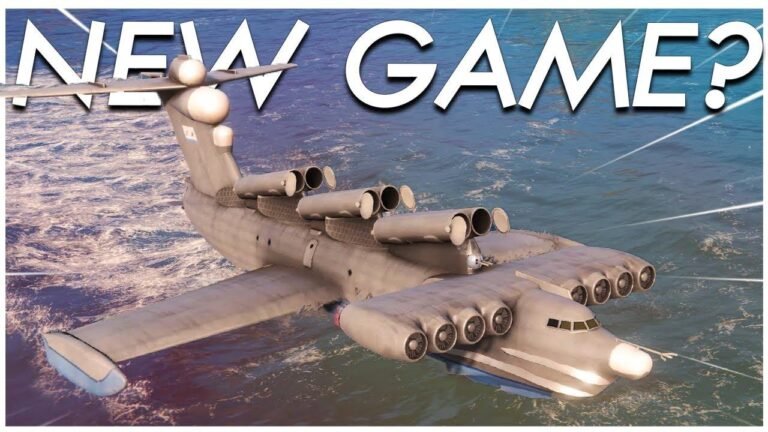
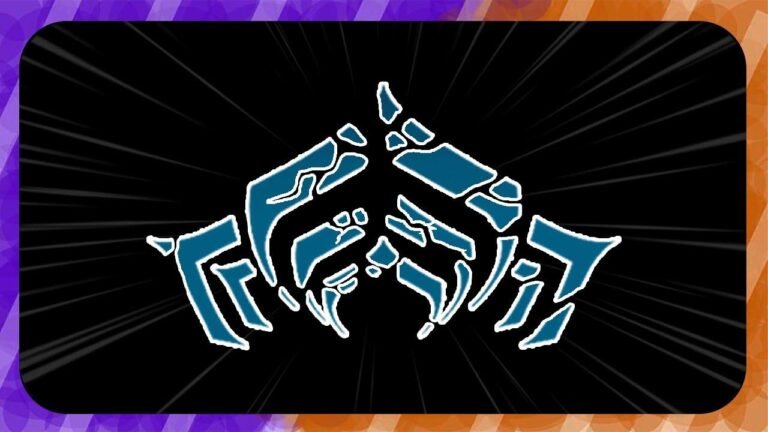

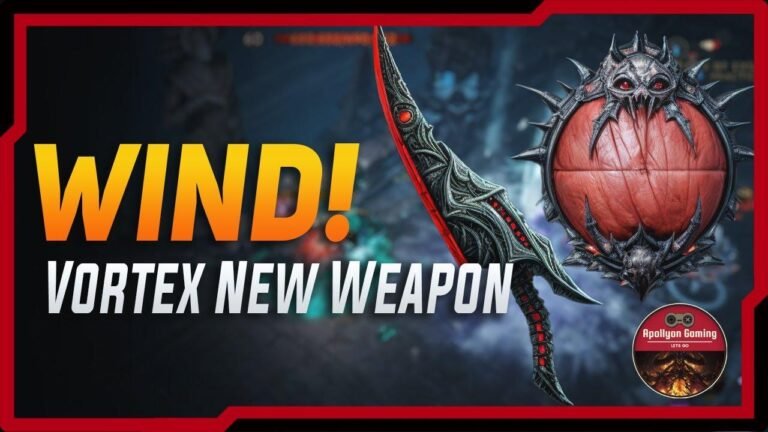
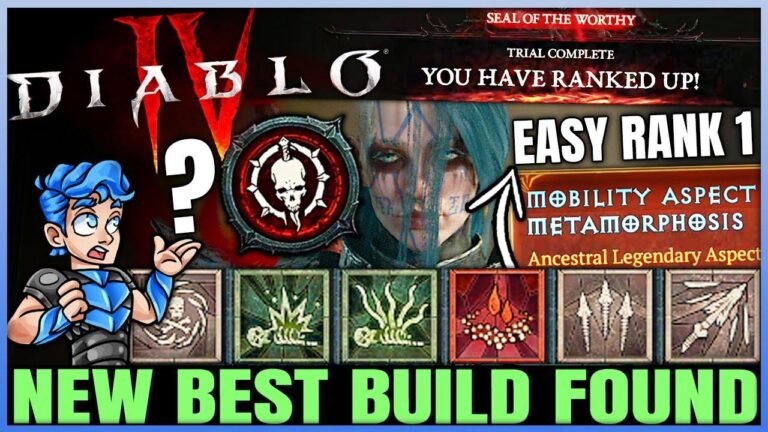
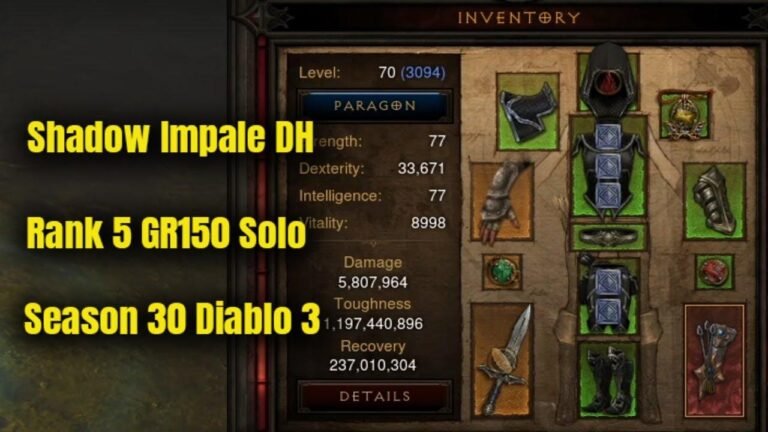
 Du hast das neue Wirbelwind-Arsenal von Diablo Immortal ausprobiert, oder? Blut des Windes ist, als würde man ein Feuer in einem Tornado entfachen...
Du hast das neue Wirbelwind-Arsenal von Diablo Immortal ausprobiert, oder? Blut des Windes ist, als würde man ein Feuer in einem Tornado entfachen...